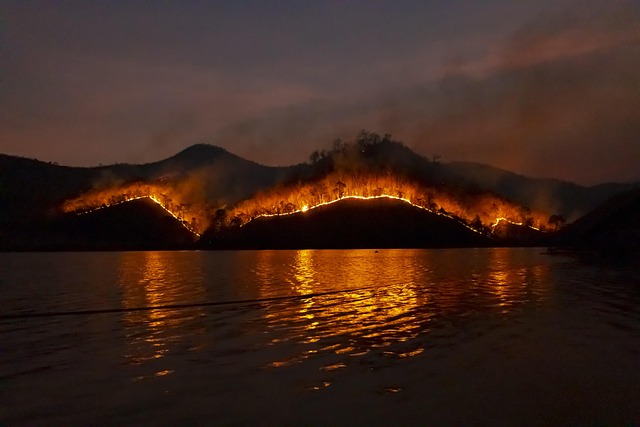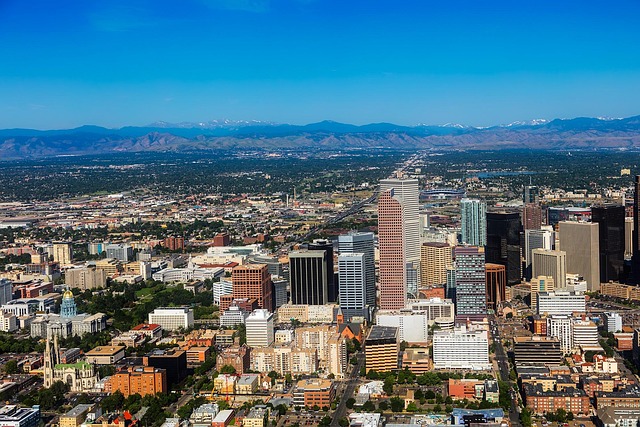Emergency Water Damage Denver is common, requiring swift action. Understand sources and impacts for proactive prevention. Initial steps include turning off water supply, evacuating, and documenting damage with photos for insurance claims. Reputable Denver emergency plumbing and water extraction services offer 24/7 support for effective commercial property cleanup. Assess and document harm using advanced tools; prioritize safe water removal to prevent mold growth. A swift professional response is vital, focusing on initial cleanup, water extraction, and restoration phases. Choose a reputable restoration company with prompt same-day services and tailored solutions. Adopt proactive measures like regular inspections and professional assessments to reduce future risk of emergency water damage in Denver.
In the face of unexpected events, timely action is key when dealing with emergency water damage in Denver. Understanding the scope and impact of such incidents is crucial for a swift recovery. This comprehensive guide delves into the various aspects of managing water damage, from immediate response to restoration and prevention strategies. We’ll walk you through each step, ensuring your Denver home returns to its pre-loss condition faster, with expert insights on choosing reliable restorers and avoiding future water-related disasters.
- Understanding Emergency Water Damage in Denver
- Immediate Steps After Water Damage Occurs
- Assessing and Documenting Water Damage
- Restoration Process: From Cleanup to Repair
- Choosing Reliable Denver Water Damage Restorers
- Preventing Future Water Damage in Your Home
Understanding Emergency Water Damage in Denver
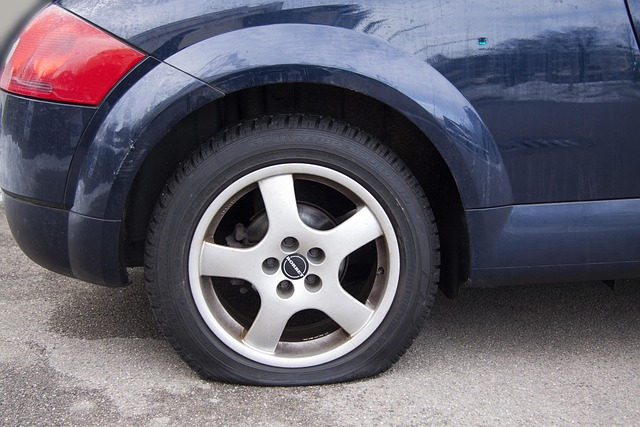
In Denver, emergency water damage is a common concern that requires immediate attention. Whether it’s due to sudden floods from heavy rains, burst pipes, or appliance malfunctions, swift action is crucial for minimizing losses and ensuring a safe environment. Understanding the scope of Emergency Water Damage Denver involves recognizing its potential sources and impacts on both properties and health.
Denver homeowners can take proactive measures like regular maintenance, installing water alarms, and ensuring proper drainage to prevent water damage. For instance, Denver emergency plumbing and water extraction services play a vital role in mitigating the aftermath of water-related emergencies. Additionally, educating yourself on denver water damage prevention tips for homeowners can help safeguard your property and reduce the likelihood of facing such crises.
Immediate Steps After Water Damage Occurs
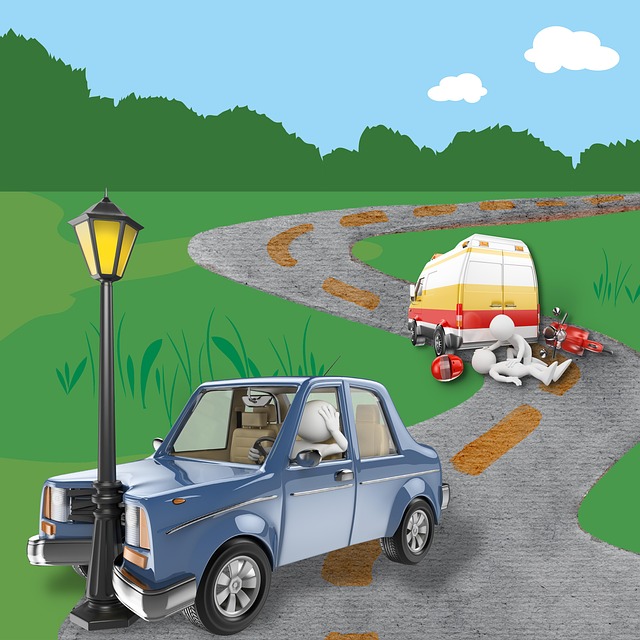
When Emergency Water Damage Denver strikes, swift action is essential to mitigate potential harm. The initial steps should focus on safety first and preventing further damage. Turn off the main water supply to your Denver home or commercial property if possible, this is a crucial step in the denver water damage cleanup process. Evacuate affected areas and move valuable items to higher ground to avoid mold growth and structural issues. Documenting the damage with photos will be beneficial for insurance claims later on.
Don’t delay in contacting reputable Denver emergency plumbing and water extraction services. Professional assistance is vital, especially for severe cases. They have the expertise and equipment to handle denver commercial property water damage cleanup effectively. These services can also provide 24/7 support, ensuring you’re not left struggling with water-damaged properties.
Assessing and Documenting Water Damage
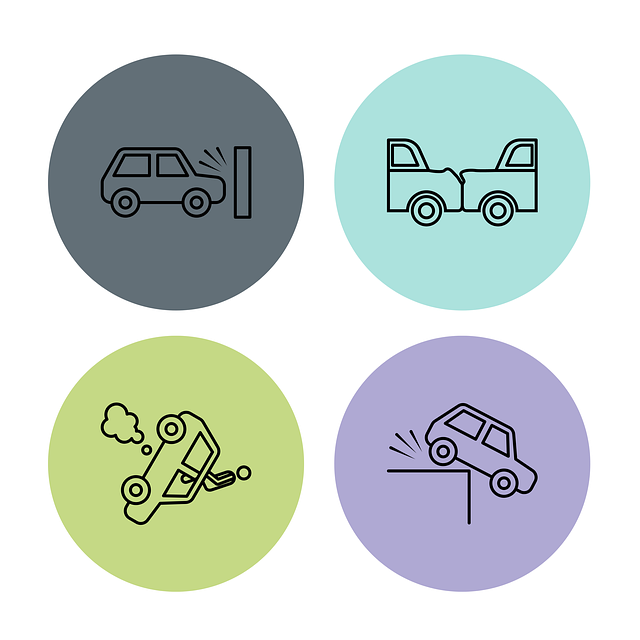
After an emergency water damage incident in Denver, assessing and documenting the extent of the harm is a critical step in the recovery process. Homeowners should begin by evaluating the affected areas, noting any visible signs of water intrusion or mold growth. This initial survey helps establish a baseline for the restoration project.
Professional Denver flood damage restoration specialists often use advanced tools to assess moisture levels and identify hidden water sources. They may employ moisture meters, thermal imaging cameras, or even infrared technology to detect areas that require special attention. Proper documentation is essential; taking detailed photos and keeping records of all observations ensures a thorough understanding of the water damage. This information guides the development of an effective restoration plan, focusing on safe water removal techniques for Denver homes while minimizing further complications like mold growth or structural damage.
Restoration Process: From Cleanup to Repair
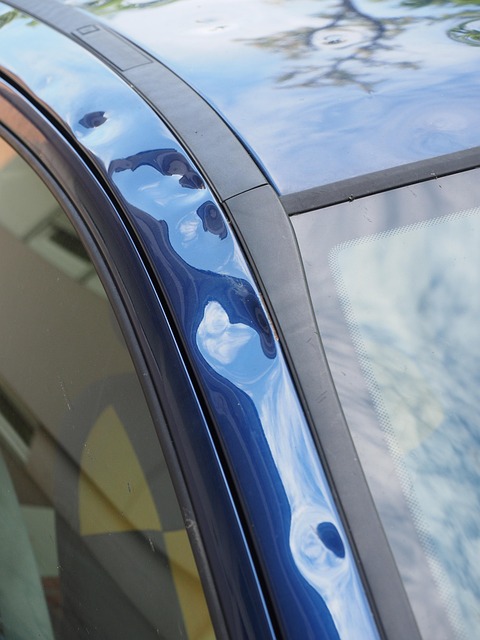
When facing Emergency Water Damage Denver, a swift and professional response is key to minimizing potential harm. The recovery process begins with a thorough assessment and cleanup, focusing on removing standing water and addressing any structural damage. Trained experts in Denver emergency plumbing and water extraction employ advanced equipment to efficiently pump out water, ensuring no residual moisture remains. This step is crucial for preventing mold growth and further deterioration of affected areas.
Following initial cleanup, the restoration process shifts towards repairing and restoring damaged surfaces. This includes everything from drying out walls and floors to replacing ruined electrical systems (restoring water damaged electrical systems Denver). The goal is not just to fix the visible damage but also to address any underlying issues caused by the water intrusion. Same-day water damage restoration Denver services prioritize quick response times, allowing for efficient recovery without causing further disruptions or delays.
Choosing Reliable Denver Water Damage Restorers

When facing Emergency Water Damage Denver, the last thing you want is to settle for anything less than professional and reliable help. Choosing the right water damage restorers can make all the difference in the restoration process and ensure your property is restored efficiently and effectively. Look for companies that specialize in emergency water damage services, have a proven track record, and are insured and bonded.
Reputable Denver water damage restorers will offer expert advice on various aspects of water damage remediation tips for Denver renters, from initial assessment to drying and deodorizing. They should also be prepared to provide same-day water damage restoration Denver services when needed, ensuring your property is taken care of promptly. Additionally, these professionals can give you guidance on how to prevent future water damage and offer tailored solutions for issues like water damaged ceiling repair.
Preventing Future Water Damage in Your Home

To prevent future emergency water damage in your home, regular maintenance and prompt action are key. Start by inspecting your home for potential sources of leaks, such as old or damaged pipes, faulty appliances, or improper drainage systems. Regularly check for signs of moisture or mold, especially in areas prone to water accumulation like basements and bathrooms. Addressing these issues promptly can significantly reduce the risk of water damage.
Additionally, consider investing in a professional water damage assessment in Denver to identify potential vulnerabilities before they become significant problems. For commercial spaces, regular maintenance checks and prompt repairs of any leaks or plumbing issues are crucial to avoid extensive and costly sewage cleanup in Denver. Remember, proactive measures can save you from the stress and financial burden associated with emergency water damage repairs.
In conclusion, understanding and addressing emergency water damage in Denver is paramount for any homeowner. By quickly taking immediate steps after a water event, assessing and documenting damage, and choosing reliable restorers, you can ensure an efficient restoration process. Preventative measures like regular maintenance and inspection are also key to avoiding future water damage in your Denver home. Remember, prompt action and the right expertise make all the difference in minimizing disruption and protecting your property from the devastating effects of emergency water damage.

